Interview with Jaime Gonzalez Oboe Professor at the University of Arts Bern (Switzerland).
Today we bring the interview to Jaime Gonzalez, oboe professor at the University of Arts in Bern. We want to thank Jaime for his time and for giving us this interview. We hope you like it. Remember that you can read other interviews in the interview section of our blog.

How were your beginnings in music / with the oboe? Were there more musicians in the family?
I started in elementary school in Chile with the recorder, as part of the compulsory program. Then I realized that I liked it and took the volunteer course. In my family there was always music. My father used to play the guitar self-taught every Sunday. Everyone in the family sang with him and listened carefully to boleros, cuecas, sambas and traditional songs from South America. After a few years I also began to play the guitar in the same way using his songbooks where the positions of the indicated chords came. So little by little I deepened more and more in music and thanks to the guitar I developed the sense of harmony.
When did you decide that you wanted to dedicate the oboe professionally?
When I was 15, we moved to the capital where the possibility of attending the conservatory was offered, which I immediately did without hesitation. My father liked the idea of me learning the sax because he loves Jazz. Unfortunately, at that time the conservatory did not have a sax teacher, so they recommended me to learn another woodwind instrument in the meantime and when a sax teacher arrived, I would be able to change and also to learn the theory and so on general subjects. However, my oboe teacher infected me so much with the love of the instrument that when it was time to change, I decided to keep the oboe.
My professional decision was very easy thanks to the support of my family and the recommendation of my teacher Ramón Venegas to whom I will be eternally grateful.
Which teacher has influenced you the most?
I think that every teacher I have had and I have (I am currently studying Baroque oboe with Alfredo Bernardini) has marked me in their own special way. Ramón Venegas infected me with love and respect for music. Hans Elhorst instilled in me a methodology and study system, Thomas Indermühle showed me all the secrets of the instrument and the intelligent way of using it and Heinz Holliger inspired me with his innate musicality and deep knowledge of the works.
What type of oboe do you play and why did you choose it?
For 18 years I have played oboes of the Josef firm in Japan. The reasons are several; First, because they are very easy to play, they are instruments of the highest quality and give me the assurance that they will always respond to me, as it has been in these 18 years. The Firm Josef also trusts me and has given me support for my artistic projects.
How do you think it has influenced the fact of specialized in historical instruments regarding your vision of playing the modern oboe?
Well, the word specialist is very exclusive. The truth is that I prefer to be considered as a musician without a specialty, but that seeks the essence of musical interpretation in its roots and supports its development for future generations.
In addition, the Baroque oboe technique has helped me to incredibly improve the control of the modern oboe.
You have been a member of the prestigious Ensemble Recherce. How is daily work?
Regarding the Rnsemble Recherche I must say that it was a very important musical experience that lasted 17 years. The work is of high professionalism and idealism, something that undoubtedly favors the quality of interpretation. However, I felt it was time to explore new experiences and find my own musical path.
If you had to highlight an oboe repertoire, what would it be and why?
The Sequenza of Berio. It is a work that is already over 50 years old and continues to be one of the most avant-garde works of our repertoire and that best uses the possibilities of the instrument.
In 1994 you left your native Chile to continue your studies in Germany. How do you remember the first months of that change?
Ugh! that was a storm of emotions. On the one hand, I was living my dream, which filled me with joy and, on the other hand, to integrate into a new and different society from yours, in mentality and customs, was one of the hardest experiences of my life and I It took almost a year to get over it, not counting what I missed my family and friends.
Do you have any routine when studying oboe?
Routine is something I hate. The study should be pleasant and how in the food, you would not be able to eat the same thing every day, however good it may be. The study is something very personal and everyone has to find their own way to learn their best.
What advice would you give oboe students preparing for the entrance exams to the upper grade?
Concentrate on studying well, rather than studying hard. Give everything in the preparation rather than give everything in the tests. Do not forget that it is not only about playing an instrument, but about being good musicians. That means, among other things, to love music and not use it selfishly for one’s vanity. The technique, the sound, etc. They are tools to make good music and not the main objective. Also very important are life experiences, everything is reflected in the interpretation. The more you understand life, the better you can understand music written by composers from different cultures and personalities and thus interpret it better.
How do you see the music scene in Chile today?
I hadn’t been to Chile for 8 years, but from what I observed on my last visit in December 19, conditions have improved a lot with respect to my generation.
What do you like to do when you’re not with the oboe?
Being with my family, with my friends, cooking, watching movies, listening to music (of all kinds), playing the guitar and singing with my family, organizing cultural events (theater, music, literature, cooking, etc.), games strategy, etc.
What are your future projects (upcoming concerts, Masterclass…)?
After leaving the Recherche Ensemble 3 years ago, I am focusing my attention on several projects:
I have started, with some difficulty, but a lot of enthusiasm a YouTube channel (Jaime Gonzalez Oboe) that aims to publicize musical pieces and composers that I think deserve more attention.
I founded the baroque music group «Camerata Vivace» to experiment with the Baroque oboe.
I continue with my group “Camerata degli amici” doing projects that revolve around the modern oboe.
I am still invited to play in several orchestras and occasionally as a soloist.
Original interview in Spanish.

 English
English Español
Español Italiano
Italiano Deutsch
Deutsch Français
Français Português
Português 日本語
日本語 简体中文
简体中文 한국어
한국어
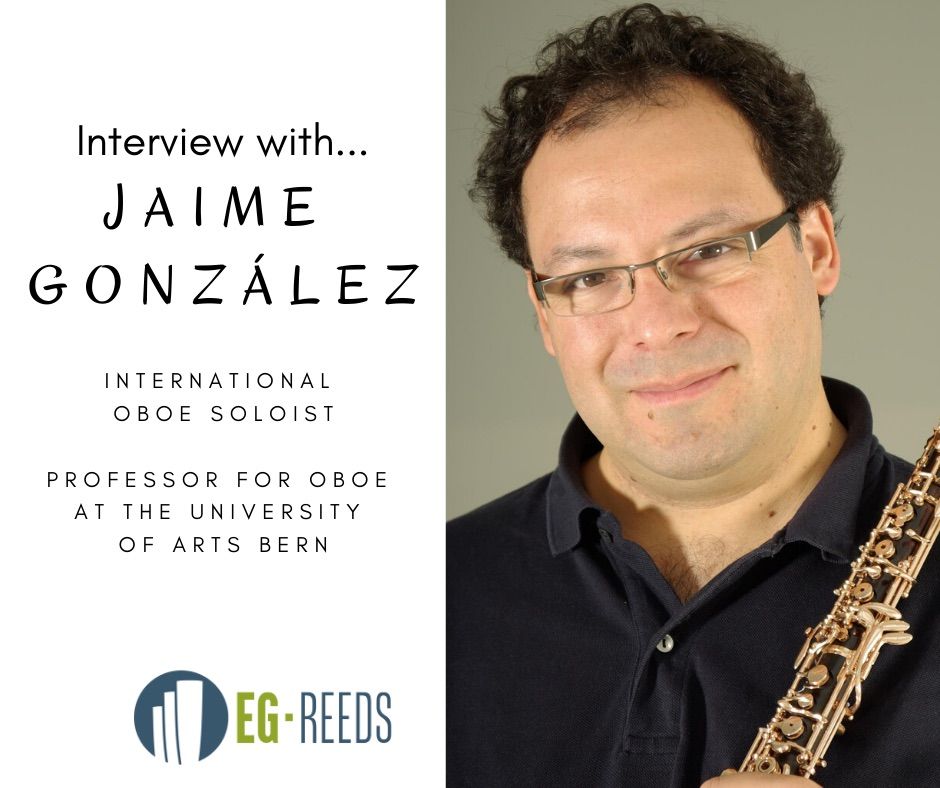
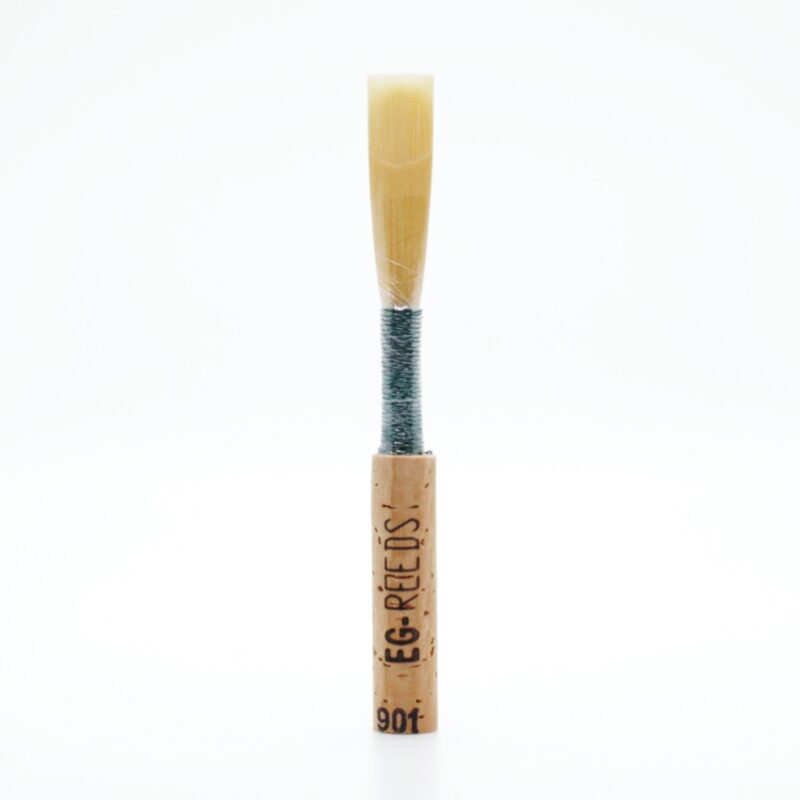

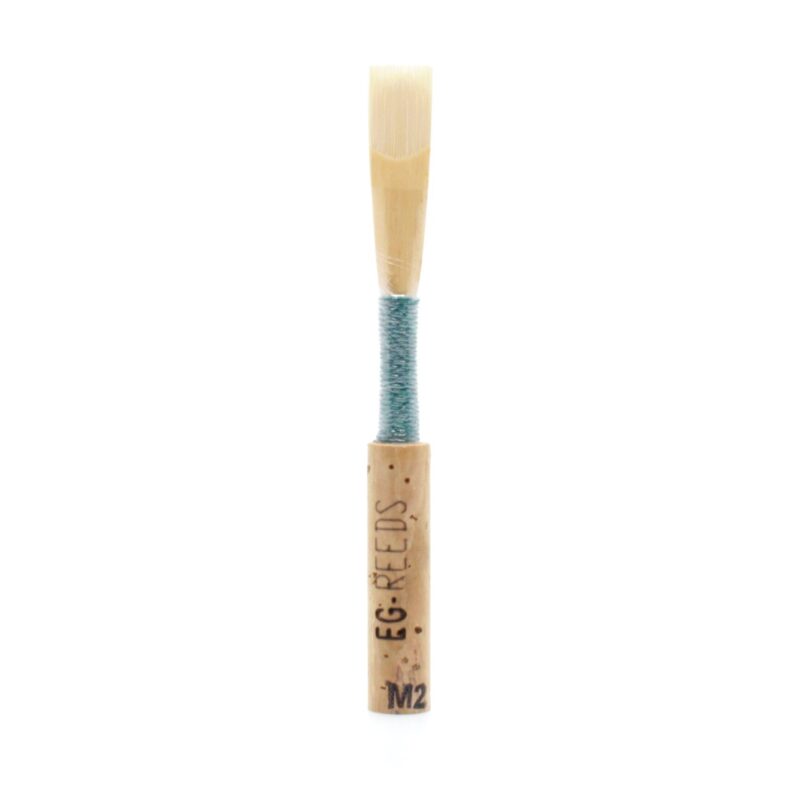
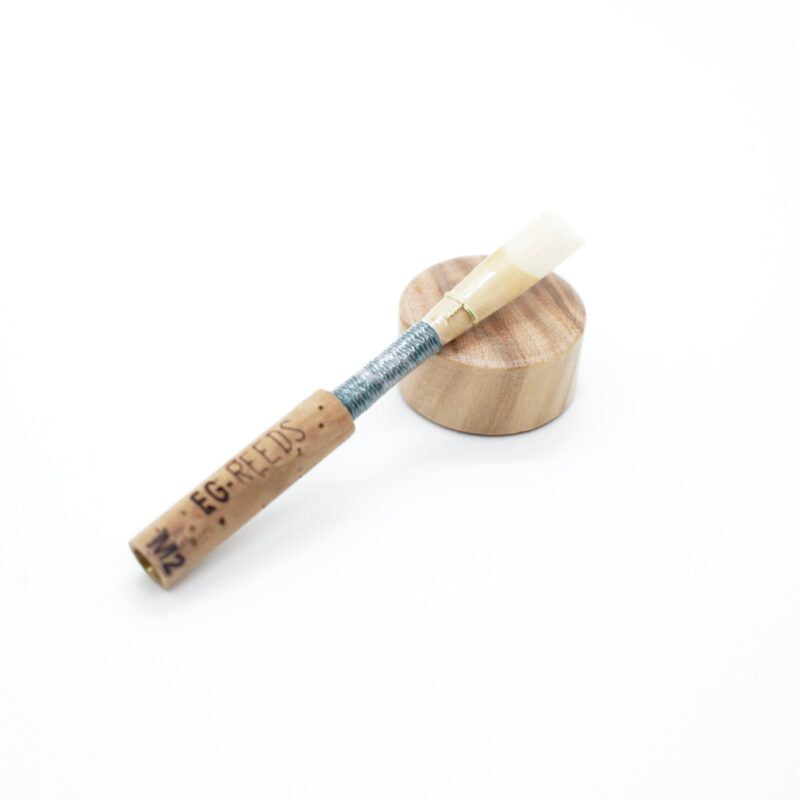

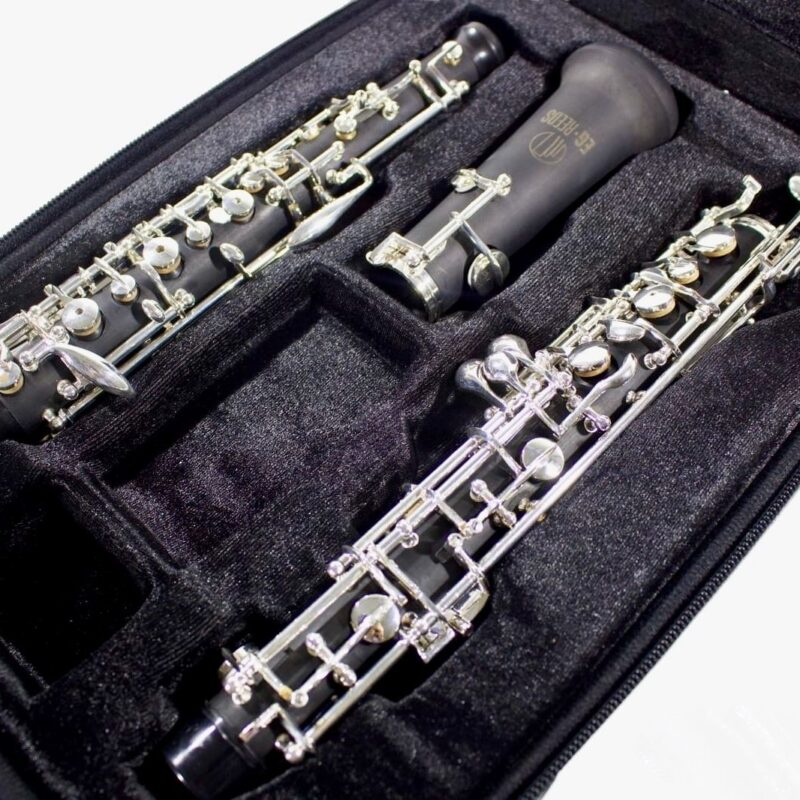

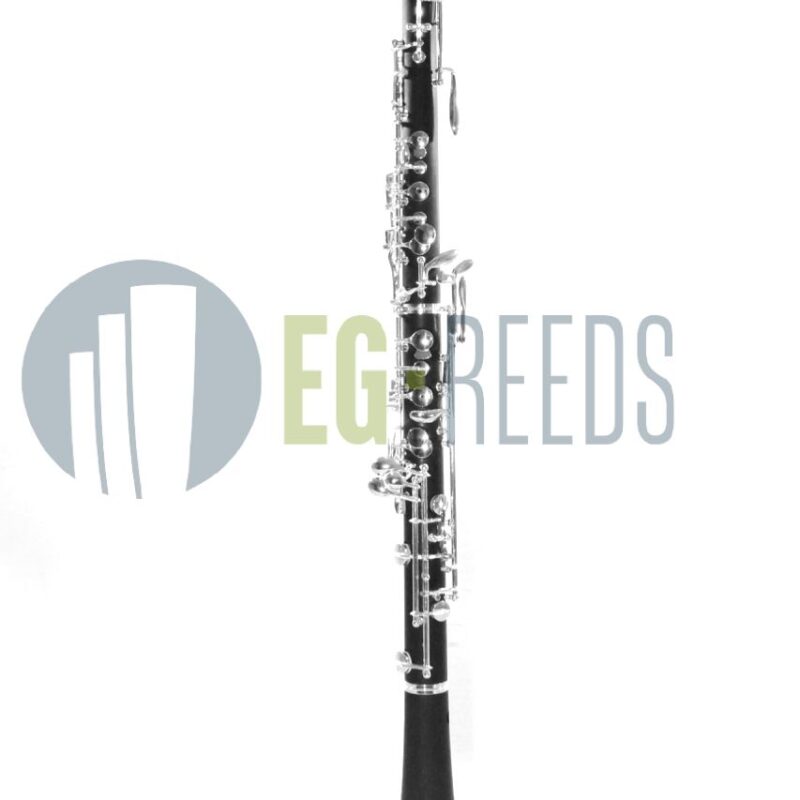
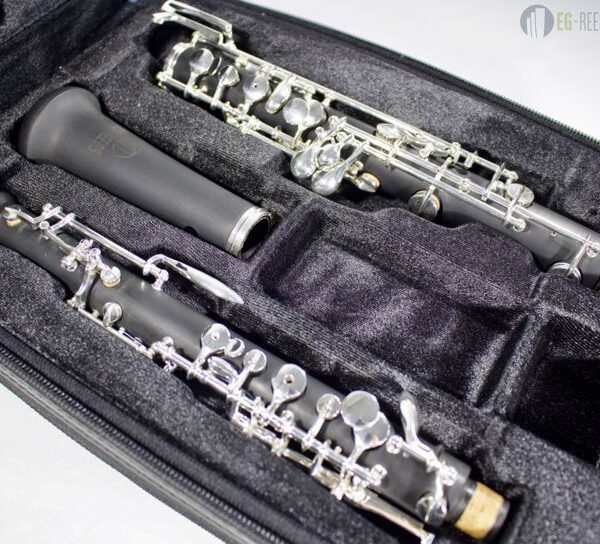
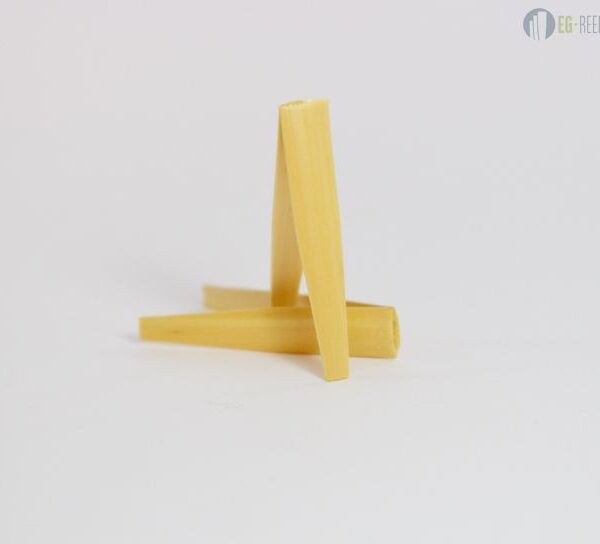
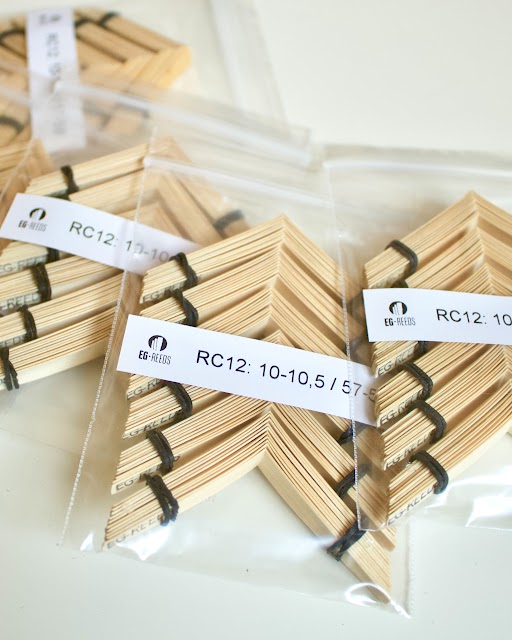


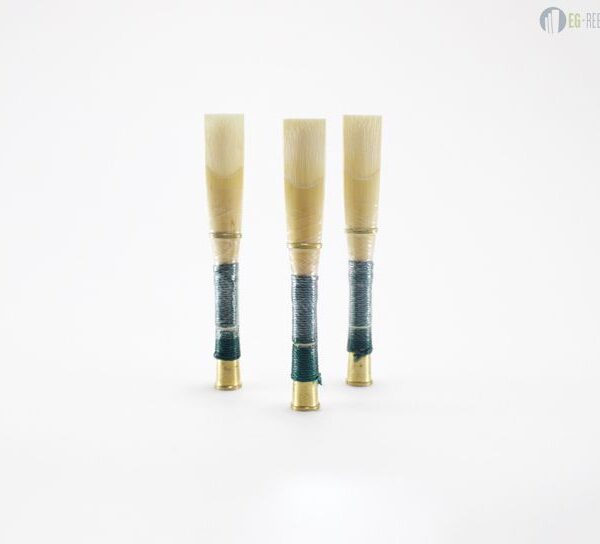



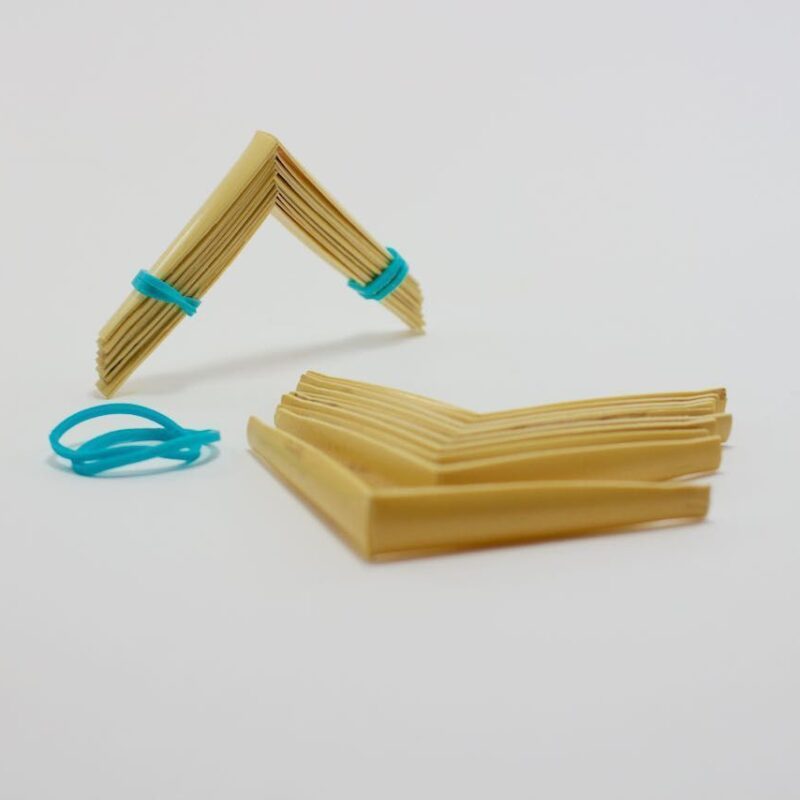
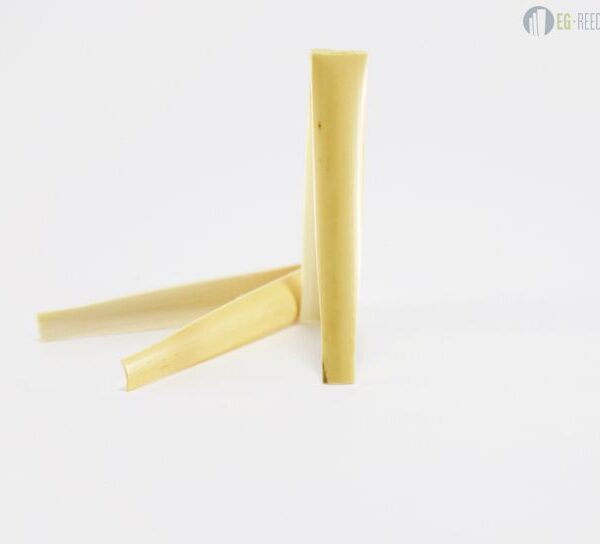




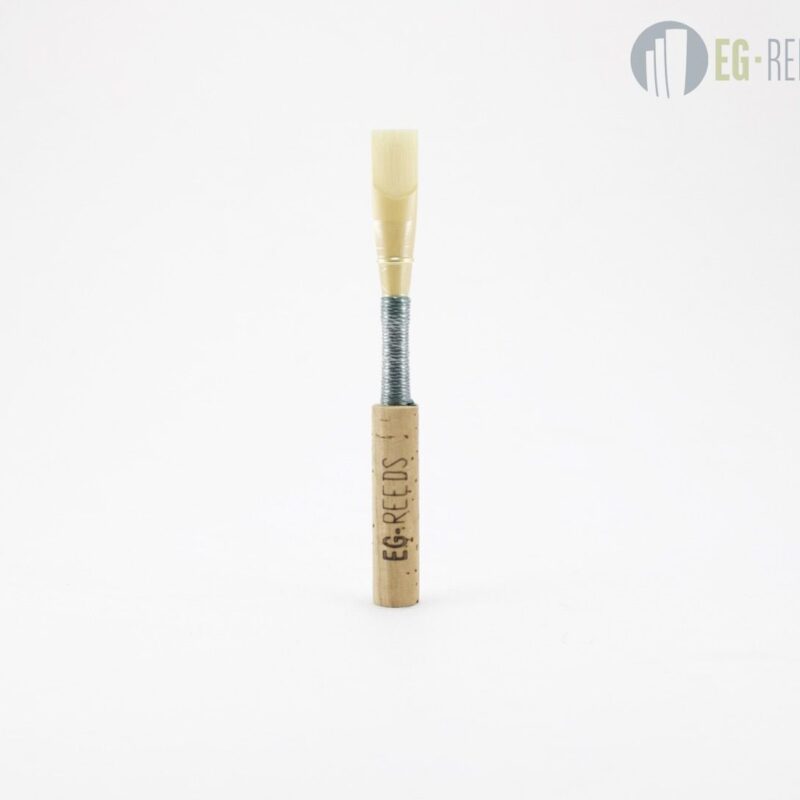

Трость для гобоя 901
Трость для гобоя M2
Гобой среднего уровня EG-REEDS
Трость для гобоя Mayer
Студенческий гобой EG-REEDS
Трости выточенные и формованные для гобоя EG-REEDS
Трость Для Гобоя — начинающих EG-REEDS
Трость для английского рожка EG-REEDS
François Leleux
Ноя
Maurice Bourgue
Мар
The oboe in film music
Мар
Albrecht Mayer
Фев
Heinz Holliger
Янв
Merry Christmas and Happy 2025!!
Дек
How to buy the best oboe for students?
Дек
How long does an oboe reed last?
Ноя